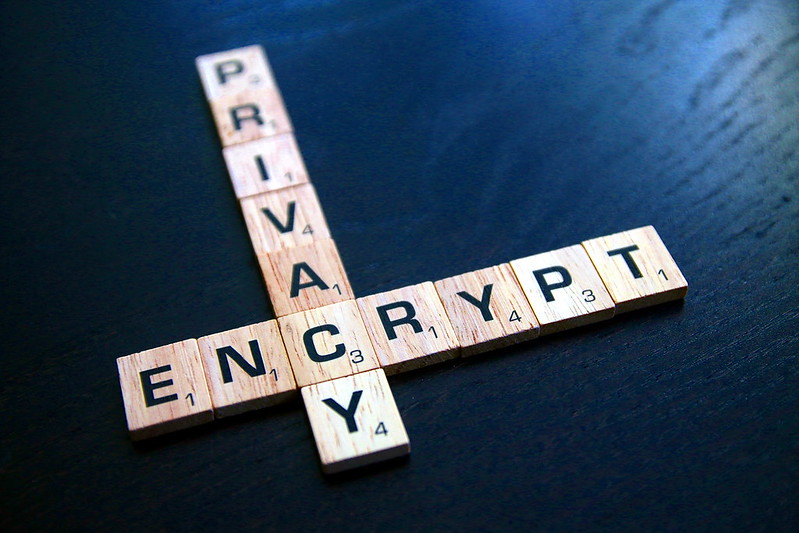
Encryption Debate Hits the Hill
By: Bethany Patterson
Representatives from Apple and Facebook stressed the security and societal benefits of encryption at a Senate Judiciary Committee hearing today.
Apple’s Erik Neuenschwander and Facebook’s Jay Sullivan emphasized that encryption helps keep law-abiding Americans’ data safe from hackers, criminals and other governments. In a world where smartphones and other devices hold sensitive financial, health and personal information, encryption is essential.
“Encryption is needed to protect from malicious actors whose attacks are growing exponentially in scope, frequency and sophistication. And encryption will become even more important as more devices are added to the internet and attack surfaces expand,” Neuenschwander said.
But lawmakers expressed concern that encryption enables criminal activity and inhibits law enforcement’s ability to stop it, with some suggesting that law enforcement have greater access to it.
Neuenschwander and Sullivan stated that creating a backdoor, even just for law enforcement, would present massive security vulnerabilities, putting people across the country at risk.
“We oppose intentionally weakening the security of encrypted systems because doing so would undermine the privacy and security of people everywhere and leave them vulnerable to hackers, criminals and repressive regimes,” Sullivan said.
Other security professionals feel same way, including Michael Hayden, former director of both the National Security Agency and the Central Intelligence Agency. He wrote today that if American authorities can access encrypted data, so will other countries, including Russia and China.
But witness Cyrus Vance, Jr., district attorney for Manhattan, asserted that greater law enforcement access is necessary, claiming that since Apple and Google incorporated encryption into their operating systems in 2014, important evidence has become inaccessible.
“In doing so, Apple and Google effectively upended centuries of American jurisprudence holding that nobody’s property is beyond the reach of a court-ordered search warrant,” Vance wrote in his testimony.
But both Neuenschwander and Sullivan emphasized their companies’ support for law enforcement’s efforts. According to Sullivan, Facebook actively reports content to the National Center for Missing and Exploited Children and law enforcement when appropriate. And Neuenschwander pointed out that Apple has responded to over 127,000 requests from U.S. law enforcement agencies, often taking action within 20 minutes in emergencies.
He also confirmed that Apple does not accommodate requests from other countries to de-encrypt its users’ devices, including from China.
“We have never built a backdoor for anyone,” he said.
This hearing was one part of the government’s examination of law enforcement’s access to encrypted devices. In October, Attorney General William Barr, Acting Homeland Security Secretary Kevin K. McAleenan, United Kingdom Home Secretary Priti Patel, and Australia’s Minister for Home Affairs Peter Dutton sent a letter to Facebook on its use of end-to-end encryption. In response, Digital Liberty joined a coalition of 102 groups to send a letter urging leaders to protect encryption.
As the government examines the issue, it’s clear that the country will need to prioritize its security as Americans become more connected through 5G devices and the Internet of Things. Encryption will play a large part in keeping us secure, and leaders should embrace this important tool.
Photo credit: Richard Patterson (Flickr)